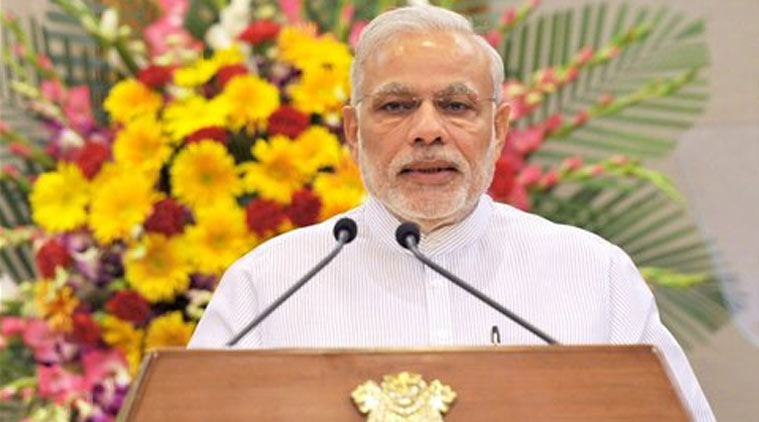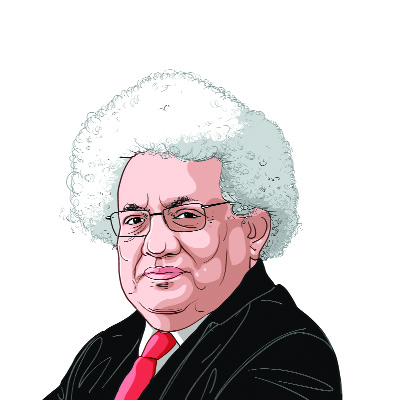Opinion Out of My Mind: Jhappi Rajashahi
BJP is a relative newcomer to the role of the ruling elite and Narendra Modi has been an outsider to the jhappi rajashahi .

 This has caught the Prime Minister by surprise. He has to clean up the system by insisting that rules of proper conduct be enforced; if not retrospectively, at least in the future.
This has caught the Prime Minister by surprise. He has to clean up the system by insisting that rules of proper conduct be enforced; if not retrospectively, at least in the future.
A feudal society operates through the personal network. Rulers, their families and officials share social ties with each other. There is no permanent friend or permanent enemy. For a feudal society to get used to open democratic politics is difficult. Democracy requires transactions at arm’s length and free of any hint of friendship much less nepotism (a word derived from ‘nephew’). For most of the years since Independence, only one party was in power. Its leaders had an intricate and far reaching network of relations and patronage through which politics was conducted. There was no chance for transparency because the media were either government monopoly in the case of radio and TV or cowed because of the government control of newsprint. Aunts and uncles and cousins of the Nehru dynasty carried on a benevolent feudal democratic regime. There prevailed, what one may call ‘jhappi rajashahi’, where the personal and even physical contact was the key to being part of the elite, which gave you untold and undetectable wealth. Occasionally from within the dynasty there would be a scandal that was exposed, like when Feroze Gandhi, the nation’s son-in-law embarrassed his father-in-law with the Mundhra affair.
Today, India is a very different place. The explosion of privately owned television media, the proliferation of the social media and a general boldness of the people have altered the context in which politics takes place. The dynasty began to lose its monopoly of power in 1989 and a host of new mini dynasties began to vie for a place in the sun. The sufferings of UPA-II began with the failure of the
usual methods of bombastic dismissal of allegations (as in the case of Kapil Sibal and the CAG) or the cack-handed arrest of Anna Hazare and his rapid release by Chidambaram, the then Home Minister. The misfortunes of BJP/NDA over the last few weeks very well illustrates this changing dynamics of Indian democracy. One important ingredient which has been added is the extension of ‘jhappi rajashahi’ to cricket. The interplay of politics and cricket has reached scandalous proportions thanks to the IPL yielding massive revenues.
The fact that Sharad Pawar could be at the top of cricket administration at home and internationally, while occupying a most sensitive Cabinet position showed the contempt with which the UPA treated farmers.The prodigious amounts of money generated by television rights (much as in football) have permeated and corrupted Indian politics. Lalit Modi had jhappi relationship friends everywhere in politics, sports, Bollywood and business. In a jhappi rajashahi, the line between the personal and the official is blurred. One minute you are the minister and in the next my bhabhi. Even Lokayuktas have blotted their copy books and the judiciary no longer enjoys a reputation for incorruptibility which it once did. British society was corrupt until the democratisation of politics during the nineteenth century. Press and new political parties, an educated middle class and civil society held the feudal elite to account.
India borrowed its rules from the British but not the democratic culture. That remains the challenge for anyone fighting corruption. The BJP is a relative newcomer to the role of the ruling elite. The Prime Minister has been an outsider to the jhappi rajashahi . He has reached the top by his own efforts with no ‘family’ help. The BJP has been inveigled into the cricket/ politics nexus. This has caught the Prime Minister by surprise. He has to clean up the system by insisting that rules of proper conduct be enforced; if not retrospectively, at least in the future.





